The Prompt
This is — stop me if you’ve heard me say this before — the 10th Anniversary of StoryADay May!
Today I challenge you to write a story that centers around the number 10.
It could be someone’s age, it could be a year, it could be the number of times something has happened (or has to happen).
Surprise me!
In other news, I hope to put together an anthology of stories later this year, celebrating StoryADay’s anniversary and it’s theme will be….10. So get your thinking caps on now!
The Author
 Julie Duffy is the founder and host of StoryADay. Her mission is to save the world by saving writers. She helps creative people become more productive, more prolific and more fulfilled through the StoryADay challenges, her Superstars group, the StoryADay podcast, courses and workshops, as well as her guest articles in publications like Writer’s Digest and Writer Unboxed. She is the author of several creativity guides for writers and writes short stories and novels for fun.
Julie Duffy is the founder and host of StoryADay. Her mission is to save the world by saving writers. She helps creative people become more productive, more prolific and more fulfilled through the StoryADay challenges, her Superstars group, the StoryADay podcast, courses and workshops, as well as her guest articles in publications like Writer’s Digest and Writer Unboxed. She is the author of several creativity guides for writers and writes short stories and novels for fun.
Read A Book, Support An Indie

This year’s StoryADay May official bookseller is Reads & Company, a privately-owned indie bookseller in Pennsylvania. Any purchase from the site this month supports Reads & Co.
Leave a comment to let us know what you wrote about today, and how it went!


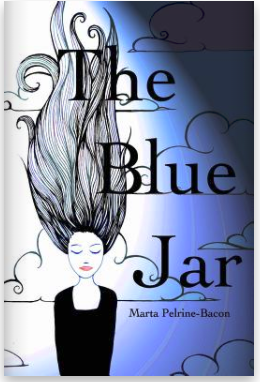


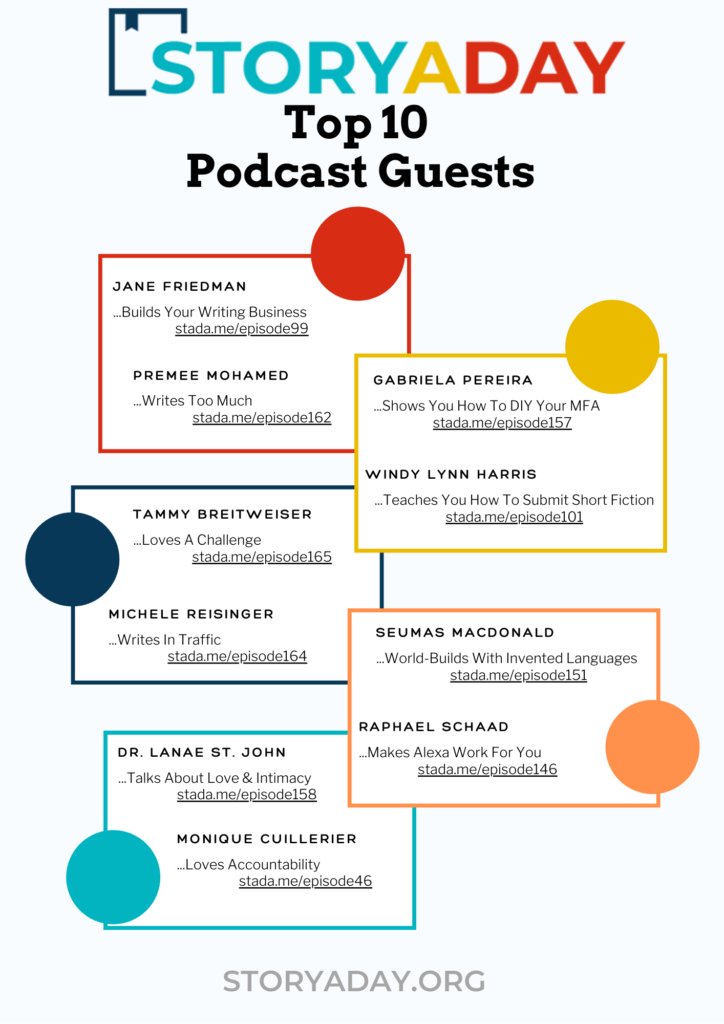
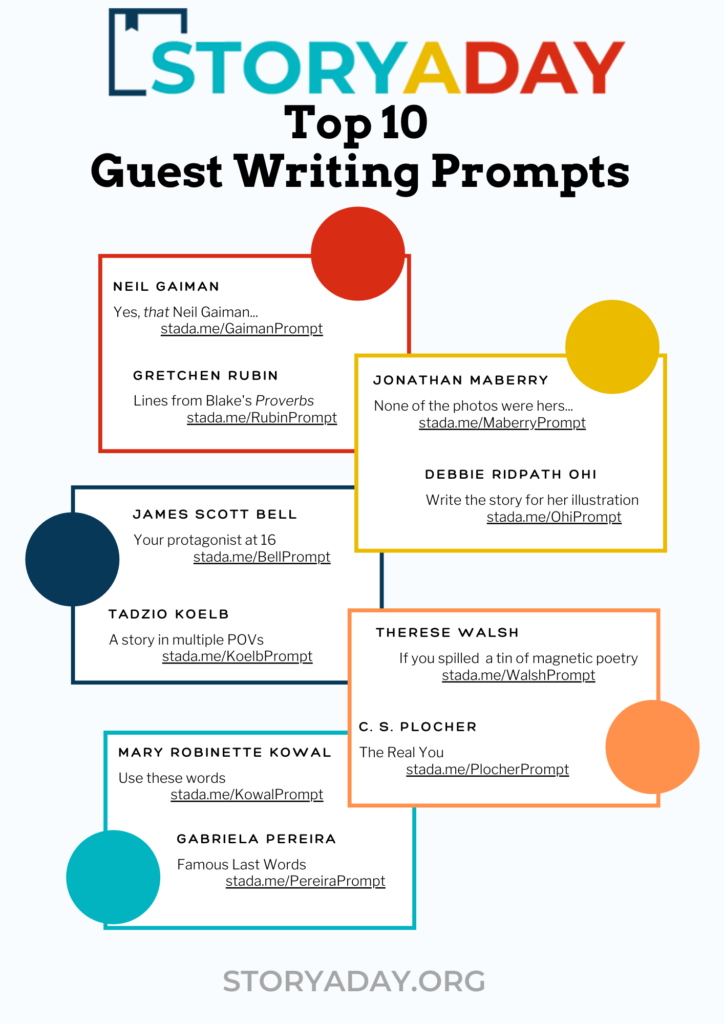




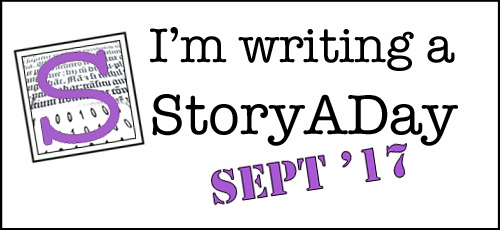
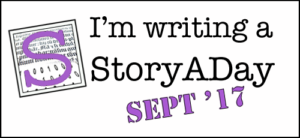

 By this point in the challenge, you’ll have discovered some of your strengths and weaknesses.
By this point in the challenge, you’ll have discovered some of your strengths and weaknesses.